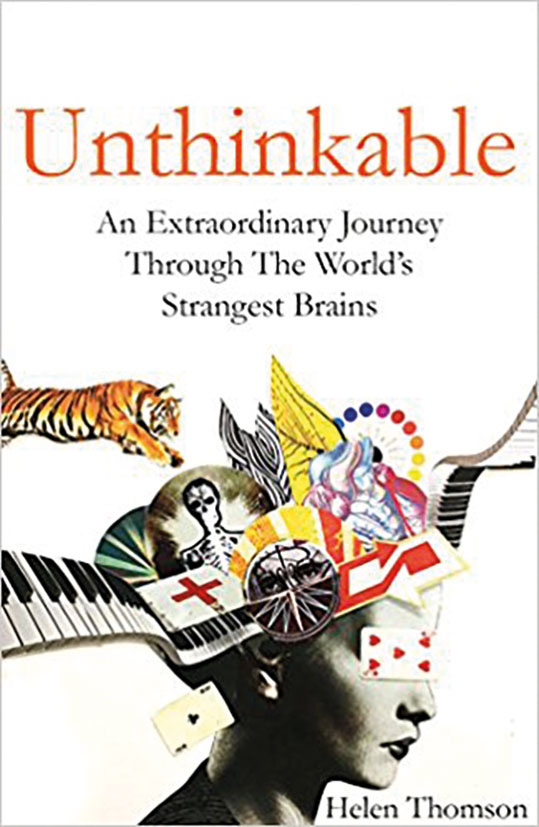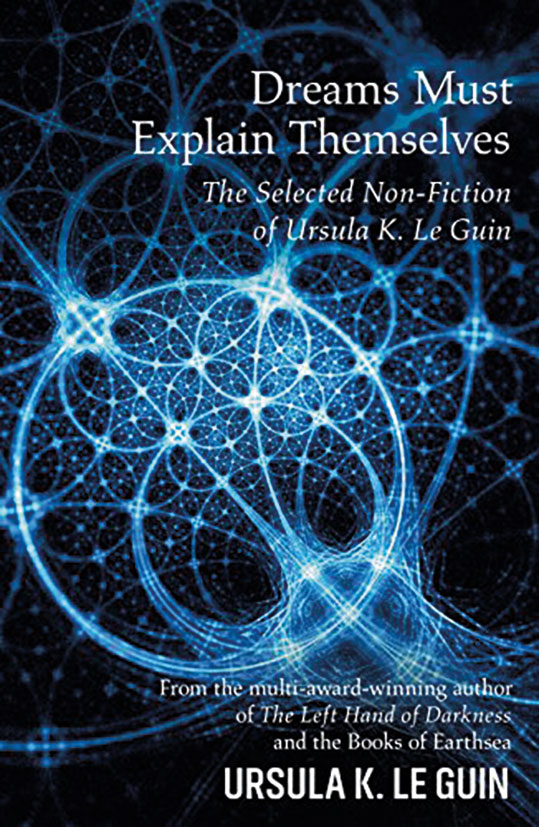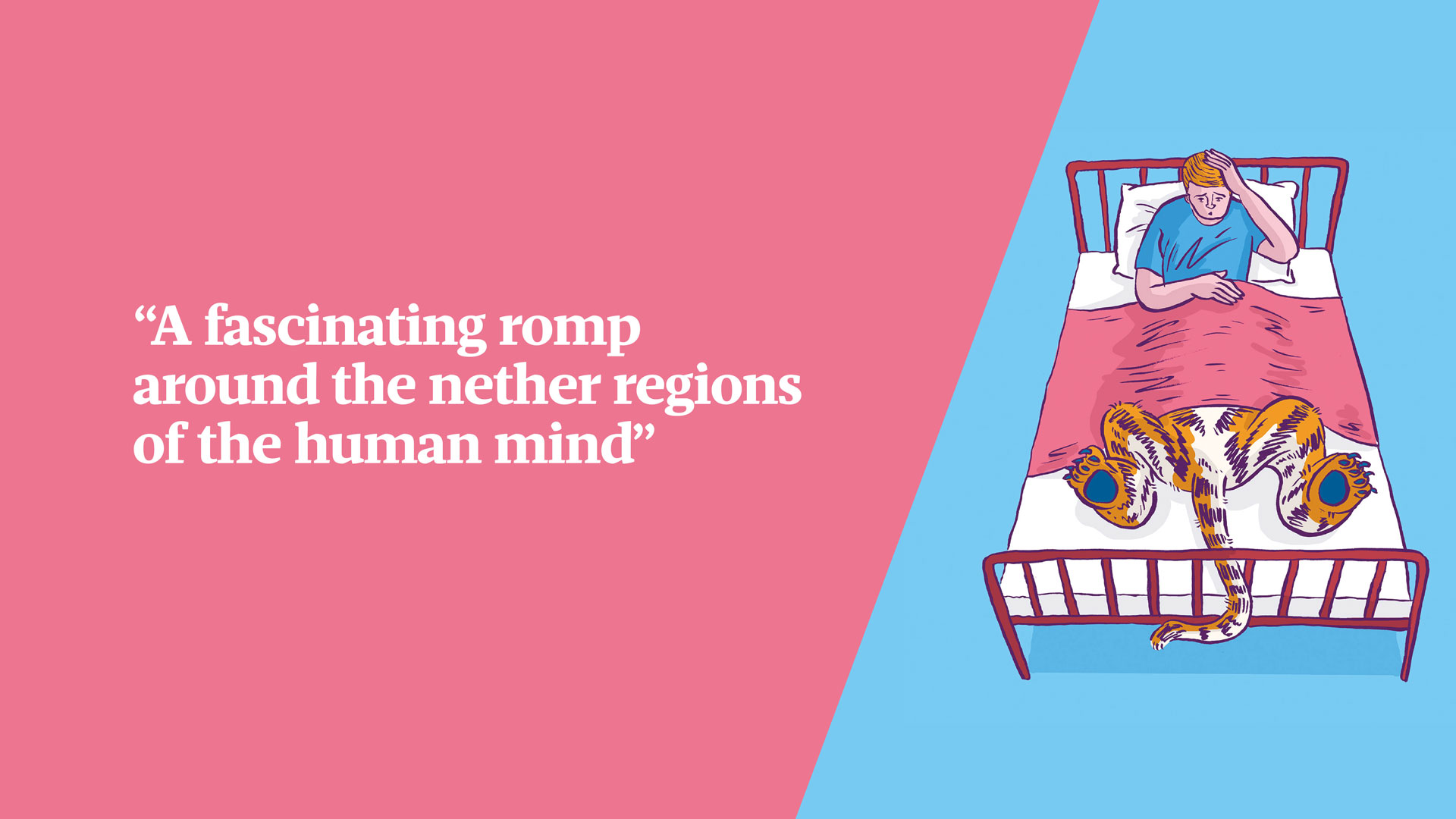This week’s column sees us looking at two books that, in their own ways, examine and throw light upon some remarkable minds. First up is the fascinating and engaging Unthinkable by Helen Thomson. The author is a neuroscientist by qualification, and has gone on to become a successful science communicator and journalist, and this, her first book, has grown naturally from her enquiries into the weirdness of the human mind.

The book is subtitled An Extraordinary Journey Through the World’s Strangest Brains and it consists of nine case studies of people who suffer from some of the rarest mental conditions that modern science knows about. In her thoughtful and compelling introduction and conclusion, Thomson does a great job not only of discussing the kinds of anomalies contained within the book; she also makes wider points about all of us, about the differences and similarities in our brains and minds, about what constitutes ‘normal’, and about how these rare disorders can actually make us think seriously about who we are as human beings.
this is not a clinical exercise in diagnosis, but rather a personal, holistic attempt to really get to know the people she’s writing about
This sort of writing landscape will be familiar to the legions of fans of the late Oliver Sacks, and Thomson acknowledges him as a major influence and inspiration at the start of the book. But she also clearly delineates what makes Unthinkable different – this is not a clinical exercise in diagnosis, but rather a more personal and holistic attempt to really get to know the people she’s writing about, and she brings all of her journalistic skills to the fore in doing just that.
And what amazing people they are. There’s Matar who genuinely feels himself turning into a tiger, Bob who never forgets a single thing and Ruben who sees auras. Then there’s Graham, who suffered for a number of years from the rare Cotard’s syndrome, where he was convinced he was dead, to the point of wandering around graveyards to be closer to others like him.
The focus of each chapter is the person suffering the unusual condition, but Thomson brings intellectual rigour to each subject, discussing history, causes, treatments and more, in what amounts to an utterly fascinating romp around the nether regions of the human mind.

Similarly smart is Dreams Must Explain Themselves by Ursula K. Le Guin, the acclaimed science fiction writers who sadly passed away recently. Dreams Must Explain Themselves is a collection of her non-fiction writings from 1972-2004, including essays, speeches, reviews and general thoughts about all aspects of life.










